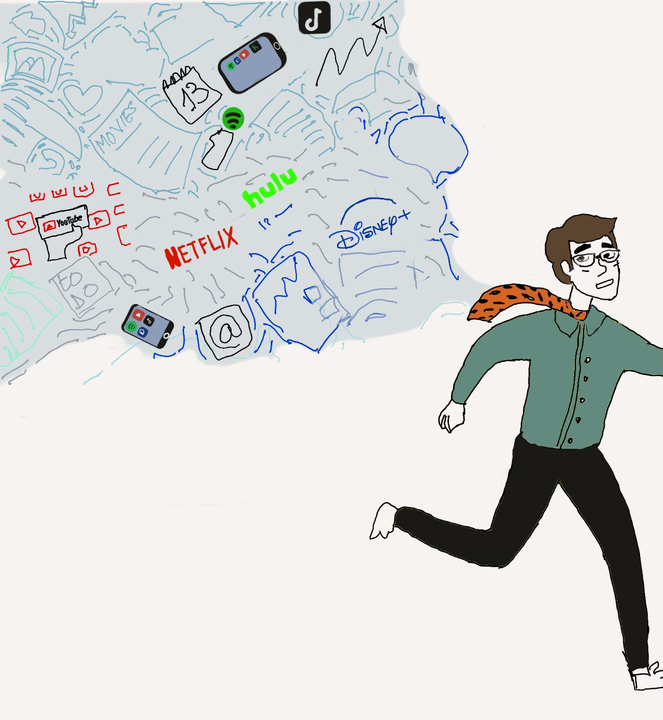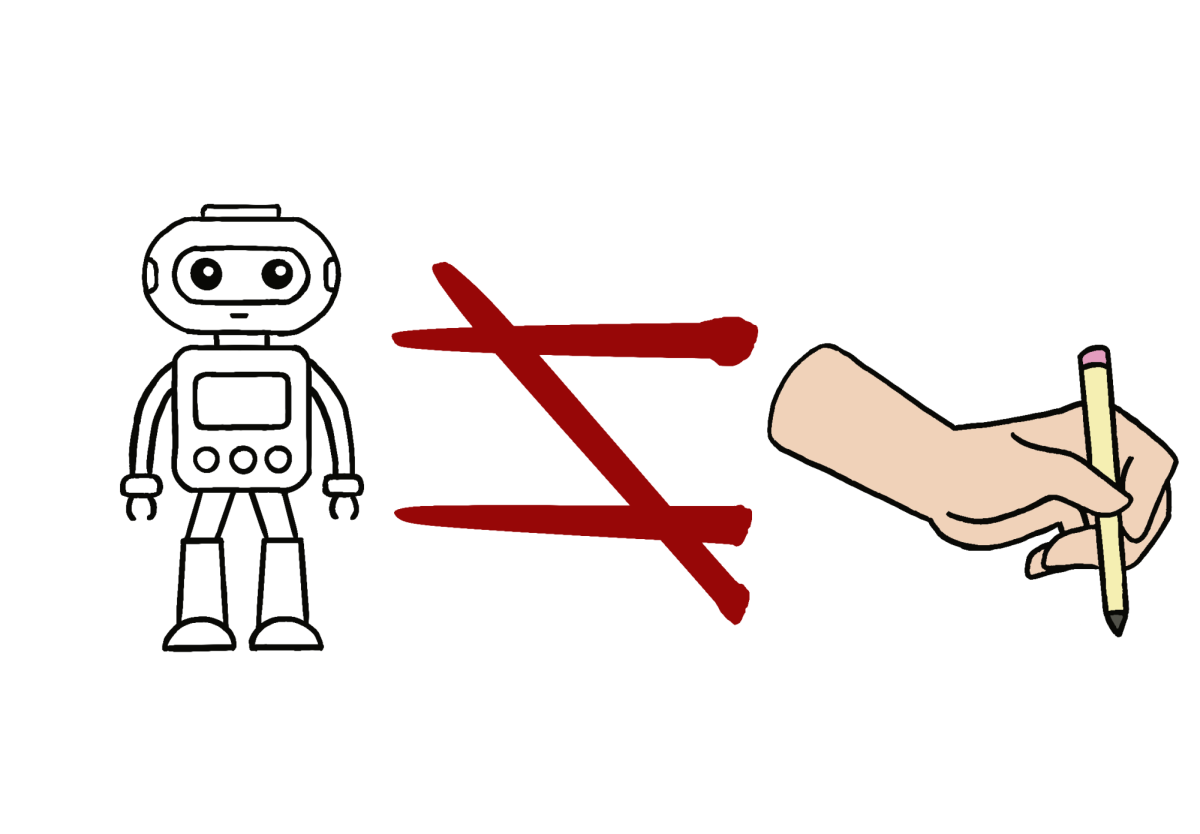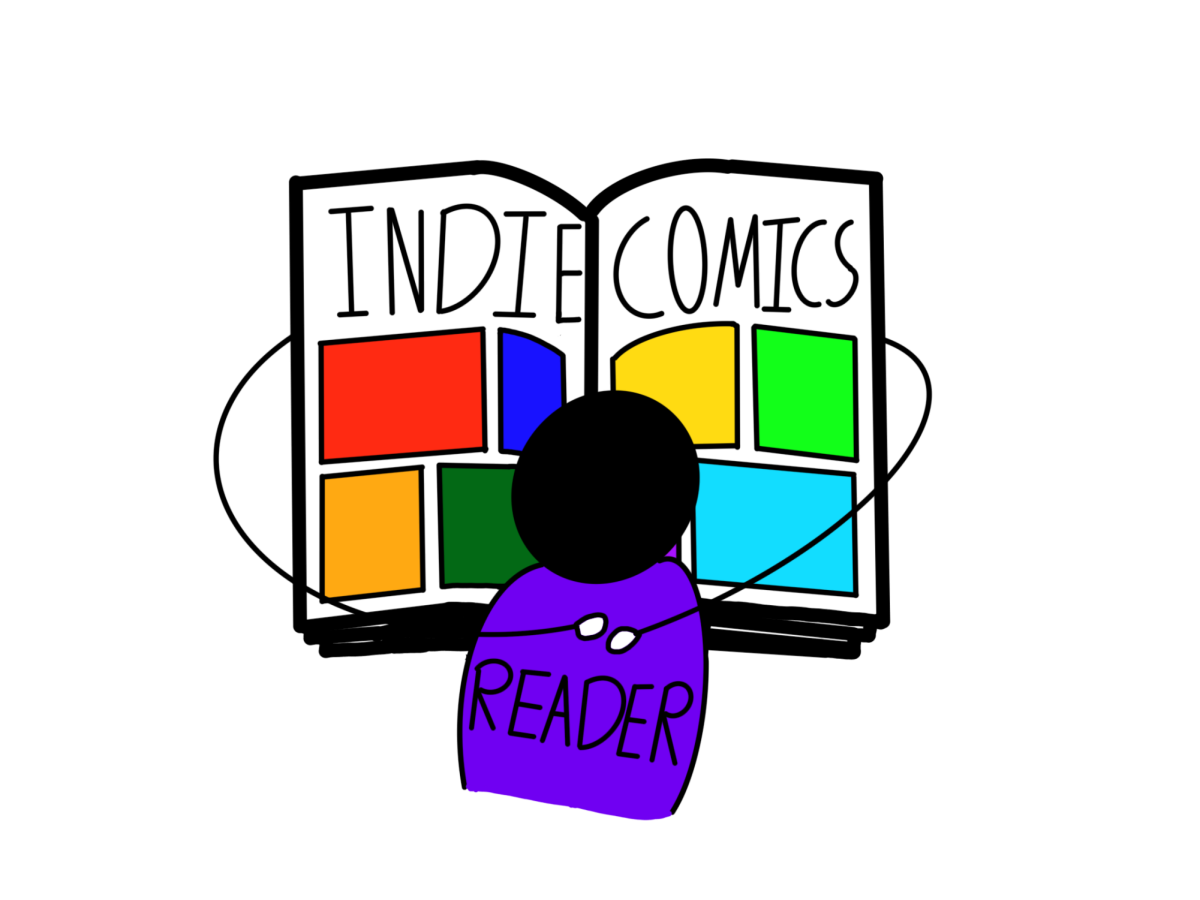I set a personal record at the start of the new school year. I had watched every episode of every show that interested me on Netflix, Disney Plus, Hulu and YouTube and did not know what to do next. All the shows I watched had blurred together: I could not tell what I had watched and when.

When given this unprecedented volume of content at my fingertips, I was uninspired by the low quality of the shows that were left, resulting in me feeling distracted and bored. While I still craved the next hit, there was nothing left to watch. I spent much time mindlessly scrolling through my feed, hunting for something that grabbed my attention.
I wanted to consume content with intention and purpose but like with most things in life, moderation is easier said than done. Just as eating a balanced diet is important to stay healthy, keeping an eye on what I binge-watch or scroll through is super important for my mental well-being.
Although bingeing felt good at the moment, I noticed it left me feeling drained the next day. I realized that taking control meant monitoring my media consumption, similar to eating a balanced diet.
I first tried to measure how much time I was watching shows or clips to set a baseline. Then, I tried slowing my consumption down. I intentionally set limits on my YouTube and Netflix watching time using tools like freedom.
Since I gave myself less time to consume content, I became selective about the content I watched. I identified a few high-quality channels that I came back to over and over and chose to ignore all other recommendations. I approached this as if I was eating slowly and deliberately, choosing nutritious food instead of grabbing everything on the menu.
Actively choosing to focus only on shows and channels that put out high-quality content as well as ignoring recommendations, led to a reduction in my media consumption overall because there just was not as much good content out there. Giving myself less time had made me more selective, and being selective made me spend less time watching.
Through this process, I realized that it was not just the media consumption that bothered me, but rather its passive and mindless nature. I decided to prioritize watching media with friends and family instead of doing it alone. Sometimes, I shared clips I watched so we could discuss the shows, movies or channels together.
By taking the time to consider what, when and how I consumed media, I maximized my enjoyment while minimizing the time spent. Overall, I’m pretty happy with my media diet now, although I would say I am far from done. The next time I find myself binging, I know that I will have to repeat this process.










